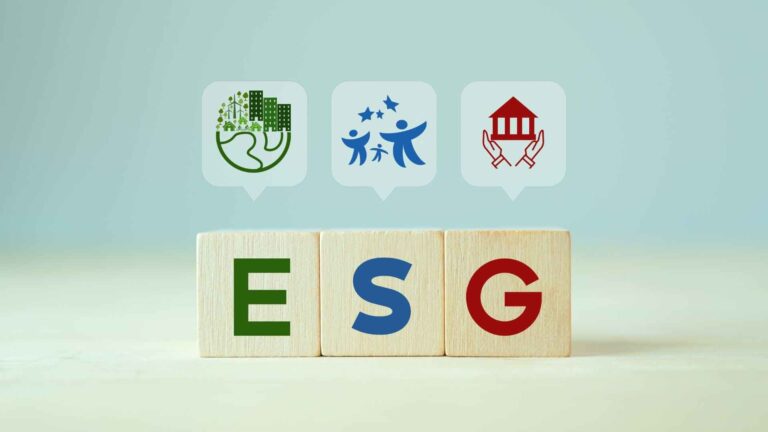
Life Cycle Assessment Services ,Environmental Sustainability Services, Carbon Footprint Services, Environmental Impact Assessment Services, Sustainability Report Services, Environmental Product Declaration Services, Green Technology Services, Lifestyle For Environment Services, Measuring Carbon Footprint Services, Green Building Certification Services, Environmental Audit Services , Water Footprint Services

ESG 101: A Framework for Sustainable Business Practices - Environmental, Social and Governance
In today’s world, businesses are no longer solely judged by their bottom line. Increasingly, stakeholders – from investors to consumers – are looking at a company’s environmental, social, and governance (ESG) practices. ESG is a powerful framework that sheds light on how a company manages risks and opportunities related to these crucial sustainability factors.
Decoding the ESG Code:
- Environmental: This pillar focuses on a company’s impact on the planet. Key factors include greenhouse gas emissions, resource management practices, and resilience against climate-related risks.
- Social: The social dimension delves into a company’s relationships with its stakeholders. From fair labor practices and employee well-being to the impact on surrounding communities, ESG evaluations encompass a company’s social responsibility. This extends beyond a company’s walls, considering the social and environmental practices of its supply chain partners.
- Governance: Effective leadership and ethical management practices are central to good governance. ESG analysis examines how a company’s leadership aligns with stakeholder interests, respects shareholder rights, and implements robust internal controls to ensure transparency and accountability.
Why ESG Matters in Sustainability:
ESG isn’t just a passing trend; it’s a fundamental shift in how businesses operate. Here’s why it’s important:
- Understanding Sustainability: ESG provides a comprehensive framework for assessing a company’s sustainability efforts, moving beyond a narrow focus on environmental issues.
- Evolution of Investment Strategies: Many leading financial institutions and asset managers are incorporating ESG factors into their investment decisions, recognizing their impact on long-term value.
- Rise of the ESG Experts: A new generation of ESG specialists is emerging, dedicated to supporting companies in achieving net zero emissions and carbon neutrality goals.
The Bottom Line:
ESG is a powerful tool for companies to demonstrate their commitment to sustainability, mitigate risks, and attract investment. By embracing ESG principles, businesses can not only create long-term value but also contribute to a healthier and more sustainable future.
Ready to take your ESG journey to the next level? Greenex can help. We offer a comprehensive suite of services to assist organizations in developing and implementing robust ESG strategies. Contact us today to learn more!